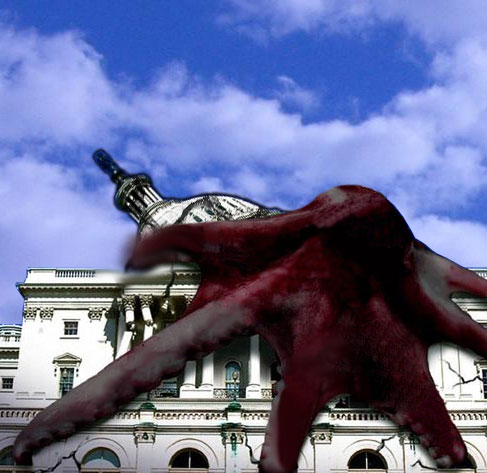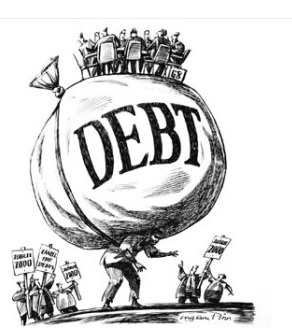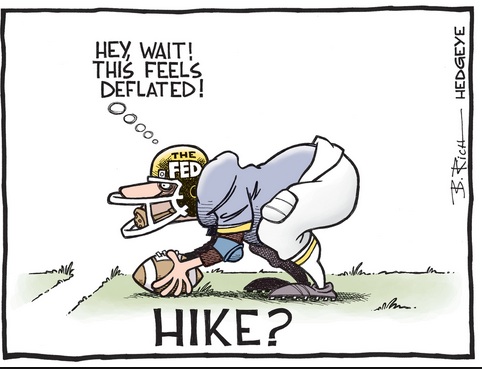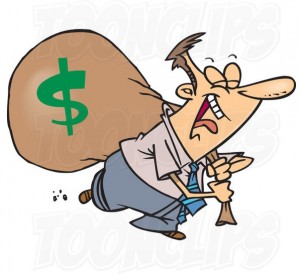Laws are on the books in many countries of the world. They are often not enforced. Here is a proposition for an International Anti-Corruption Court
Mark L. Wolf, a Senior United States District Judge and Chair of Integrity Initiatives International (“III”), writes: Integrity Initiatives International (“III” was formed in 2016 to focus on strengthening the enforcement of criminal laws to combat “grand corruption” — the abuse of public office for private gain by a nation’s leaders, who are coming to be known as “kleptocrats.”
Grand corruption is endemic in many countries and has devastating consequences. It does not flourish because of a lack of laws. 186 nations are parties to the United Nations Convention Against Corruption (“UNCAC”). They all have criminal laws prohibiting extortion, bribery, and money laundering. They also have international obligations to enforce those laws against their nations’ leaders. However, kleptocrats enjoy impunity in their own countries because they control the administration of justice, including the courts.
In 2016, leaders from more than forty countries met in London for the Anti-Corruption Summit. They endorsed a Global Declaration Against Corruption, committing each represented nation to the proposition that “the corrupt should be pursued and punished.” The Declaration emphasized the “centrality” of the UNCAC. Implicitly recognizing that existing institutions and efforts have not been adequate, the participating governments committed themselves to “exploring innovative solutions” to combat corruption. An International Anti-Corruption Court (“IACC”) would be an invaluable innovation.
The IACC is an evolving concept. In III’s current conception, it would employ: expert investigators, such as those at the International Anti-Corruption Coordination Centre, whose head is Rupert Broad.
The IACC would have jurisdiction over corrupt leaders and those who conspire with them, including those who pay them bribes or assist in laundering their illicit assets. The IACC would, therefore, provide for the prosecution of public officials who demand or accept bribes, which is not permitted under the United States Foreign Corrupt Practices Act or its counterparts in other countries.
The IACC would not necessarily require the enactment of any new criminal statutes. It could enforce each nation’s domestic anti-corruption laws that are required by the UNCAC. Alternatively, a uniform statute adopted by members of the IACC could be enacted.
The IACC could be made part of the existing International Criminal Court (“ICC”). However, for principled and pragmatic reasons, III believes a separate court would be preferable.
Like the ICC, the IACC would operate on the principle of complementarity. This means that only leaders of countries that are unwilling or unable to prosecute them for corruption would be subject to prosecution in the IACC.
The principle of complementarity would give countries an incentive to strengthen their national institutions and efforts to combat corruption, which will remain of primary importance. For example, the threat of prosecution in the ICC prompted all parties to support strengthening the sanctions in the agreement to end Colombia’s lengthy civil war.
An IACC would not be too costly. The IACC would impose fines that could be used to pay for its operations, as fines partially fund the United States courts.
Sentences of kleptocrats would also include orders of restitution to the countries they robbed. Therefore, prosecution could be a much more efficient and effective means of recovering assets than civil suits, which often last for decades and are frequently inconclusive.
An IACC is urgently needed. As the then United States High Commissioner for Human Rights said in 2013: “Corruption kills …. The money stolen through corruption every year is enough to feed the world’s hungry 80 times over.” The current refugee crises are largely caused by migrants fleeing corrupt failed states. Climate change is exacerbated by kleptocrats who profit from illegal destruction of forests. It is foreseeable that much of the money the international community is contributing to combat climate change in developing countries will be lost to corruption if the impunity of their leaders is not ended.
Finally, the IACC is achievable. The IACC has the support of: countries including Colombia and Peru, and the strong interest of others such as Nigeria and Malaysia, as we have heard at this conference; NGOs, including Global Witness, Human Rights Watch, and many chapters of Transparency International; and courageous young people, such as the leaders of the 2014 Ukrainian Revolution of Dignity.
The proposal to create the IACC will be addressed and adopted by the United Nations at its 2021 Special Session on Corruption.









